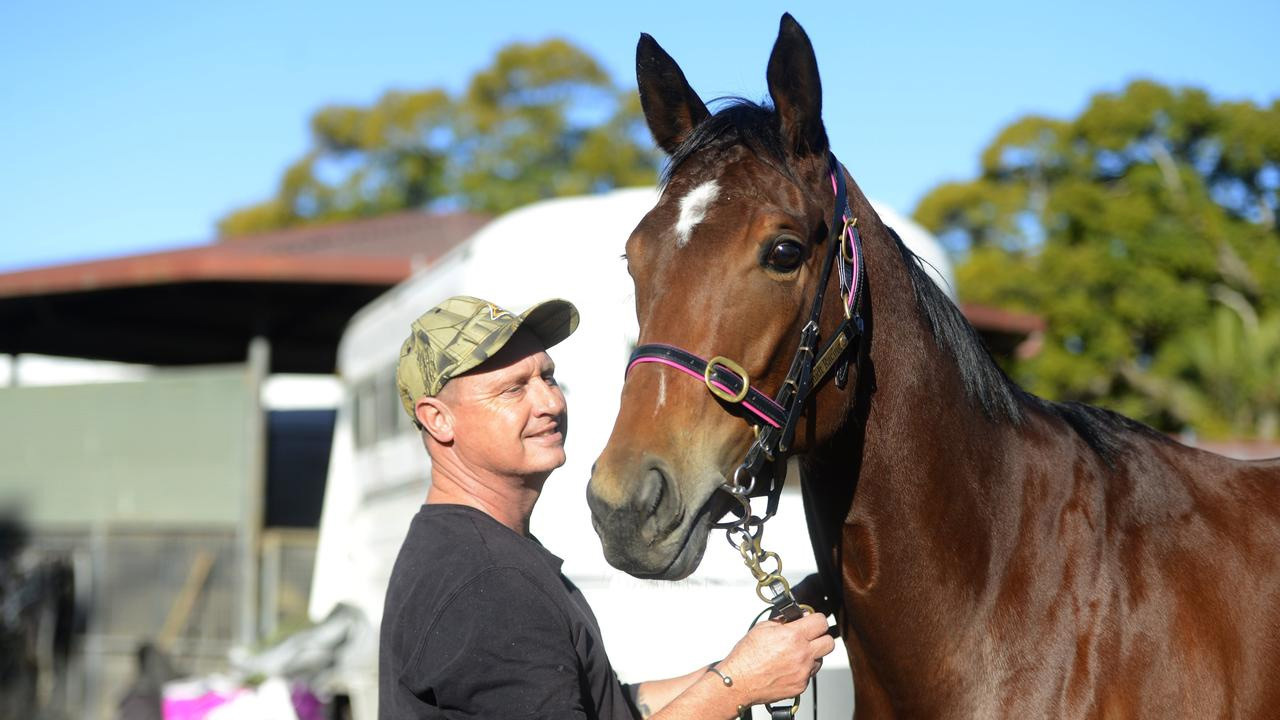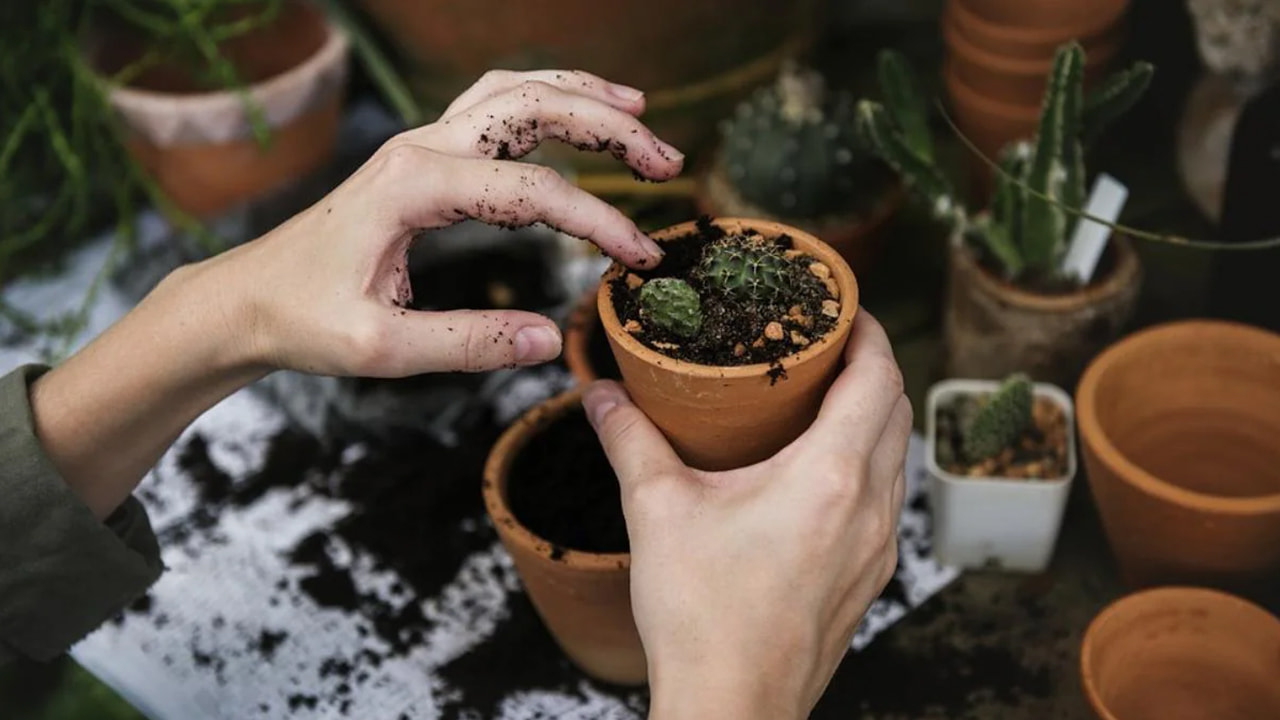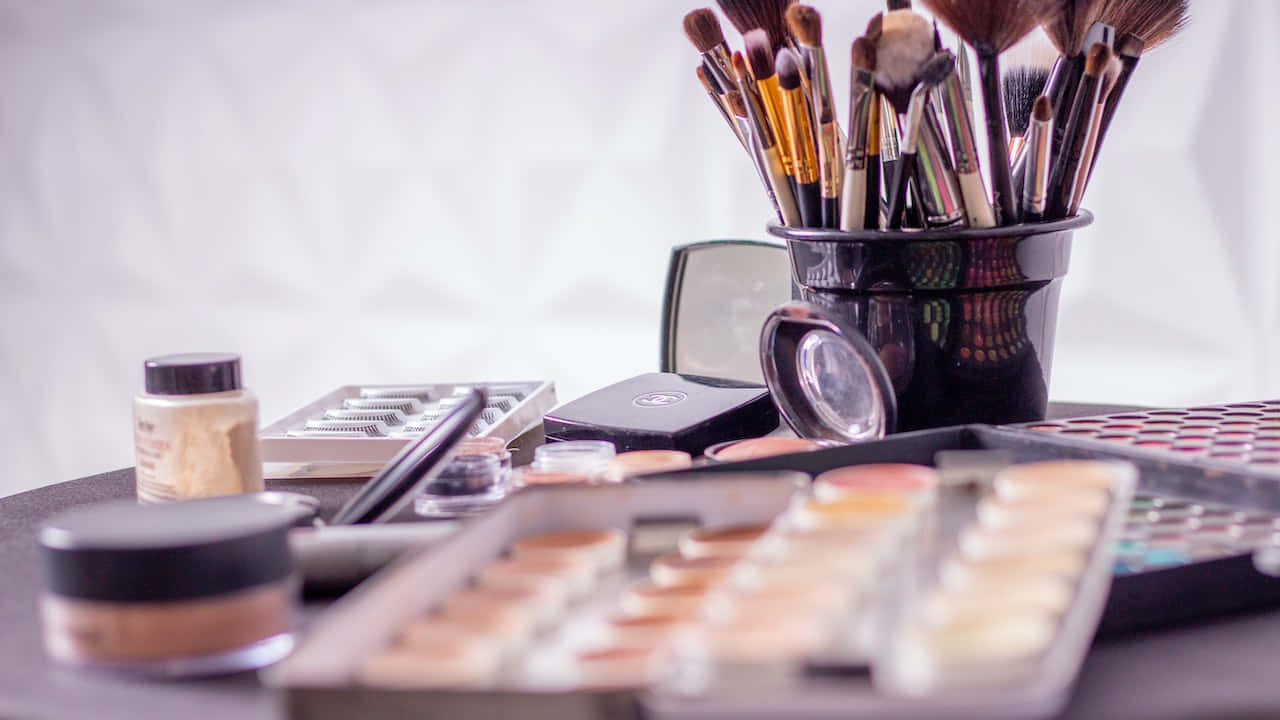Many people who keep horses choose to have their horse ‘stabled’ over winter. This means keeping the horse care inside its stable for the majority of the day, with only a small period of time allocated to outside activity. For some horses this can be a good thing, especially if they are old or prone to illness. But for a large number of horses this choice to ‘stable’ them could be doing them more harm than good.
Stabling Horse care over winter
The Harm of ‘Stabling’ a Horse
Horses are naturally resilient creatures that are able to acclimatize quickly to their surroundings. They are also able to generate a lot of internal heat, providing they are given adequate nutrition. So many people who choose to stable their horses over winter because of the cold are actually doing their horses a disservice, by depriving them of much needed activity for no real reason. Horses who do require a bit more help keeping warm could benefit from a rug or throw, some of which are designed to keep a horse warm in extremely low temperatures (of the sort which would never be experienced in the UK).
Another worry of letting your horse roam around outside in winter is the damage it might sustain to its tendons, however it is suspected that many injuries sustained in this way are primarily due to an existing weakness. However if in doubt, check with your vet before letting your horse out in winter.
The main concern about stabling horse care over winter is the boredom which may arise as a result of the horse not being able to indulge in its usual activities.
Horses which are stabled for too long, or too frequently, often become unmanageable. If you find that you absolutely must stable your horse it should be in a space which is large enough to accommodate its day-to-day needs.
Finding the Right Stable for Your Horse
Stabling a horse over winter may not be the optimal choice but every now and then it becomes a necessity, at least for a short amount of time. In this situation it is absolutely vital that you have a good stable for your horse to live in, which is fully tailored to meet its needs. A full range of internal stables and mobile field shelters designed to meet the needs of all horse care and horse owners, from summer to winter and everything in between.
Taking Care of Your Horse’s Allergies
Horse allergies can often take years to develop. Sometimes by the time you’ve realized your horse is suffering with an allergy its symptoms may be indicative that the allergy has well and truly taken hold. Your first stop should be at the veterinarian’s, to determine the cause and severity of your horse’s allergies and to get them some immediate treatment. Afterwards there are plenty of actions you can take to manage horse care and treat your horse’s allergies at home.
Prevention and Treatment of a Horse’s Allergies
Figuring out the cause of your horse’s allergies can sometimes be as simple as looking at their symptoms; however more often than not your vet will want to conduct a thorough blood test. In the meantime you should start eliminating parts of your horse’s environment, including bedding and food, to find out if your horse’s allergy has been caused by something close to home.
Horse allergies are usually developed as a response to something in their environment and there are a great many horse allergy triggers to be aware of, such as dust, grass proteins and sometimes even hay. Washing your horse’s bedding or replacing it with paper, shavings or rubber can help prevent some equine allergies. Washing your horse’s food can also help to remove organisms which cause allergic reactions in horse care – often the reason why a horse might seem to be allergic to something like hay when in fact they are not at all.
Most horse allergies can be treated with fresh air, a clean environment and careful monitoring of potential allergy triggers. However more severe reactions – such as heaves – will require medical treatment by a trained horse care veterinarian.
Resources for Owners of Allergic Horses
The best treatment for a horse’s allergies is avoidance; however this is sometimes easier said than done. There are many resources available for horse owners who are finding it difficult to cope with owning a horse with allergies, including information, forums and veterinary advice boards. In addition, horse owners are also able to shop online for high quality stables and horse sheds, for horse care. A good quality horse stable is essential for keeping a horse which suffers from allergies, as there may be times when your horse isn’t able to go outside. In this case, a well horse care ventilated, warm, comfortable stable will keep your horse happy until it is able to play outside again.
Protect Your Horse from Gastric Ulcers
We’ve all experienced a stomach ache from time to time, and know how painful they can be. But imagine if your stomach was the size of a horse’s – what agony it must be to have a stomach ache and not be able to get any relief from it!
Unfortunately this is often the case when a horse develops a gastric ulcer, and because a horse will show minimal outward signs of discomfort it’s all too easy to not realize your horse has an ulcer which needs treating. However, unlike a mere stomach ache, gastric ulcers can have potentially fatal consequences for a horse or foal.
Identifying the Symptoms of a Gastric Ulcer
There’s only one way to definitively diagnose a gastric ulcer in a horse, and that’s to have a vet perform a gastric endoscopy. But to know whether or not to call the vet, you should keep on the lookout for the following symptoms for your horse care:
- A change in your horse’s attitude or behaviour.
- Poor condition of your horse’s coat or body.
- If your horse has less of an appetite than usual, especially if this has resulted in weight loss.
Foals are particularly at risk of gastric ulcers and may show additional symptoms, which include grinding their teeth and excessive salivation, among other things. If you suspect that your foal has a gastric ulcer you should have them seen by a veterinarian straight away, as foals are at higher risk of developing fatal ulcers due to the delicate nature of their stomach lining.
Treating and Preventing Gastric Ulcers in Horses
Gastric ulcers can be very easily treated by a vet, with medicines which reduce the production of stomach acid, buffer its effects or stop it from coming into contact with the stomach lining. However despite the ease at which a horse can be treated for gastric ulcers, ulcer prevention is not as simple and requires horse care dedication and perseverance on the part of the owner to reduce the risk of their horse developing another ulcer.
This may include increasing the amount of roughage in your horse’s diet, reducing the amount of grain in their diet by replacing it with horse digestion supplements, or putting your horse out to pasture more often. Prevention is always better than cure, so follow these simple horse care steps and your healthy horse will be a happy horse.






